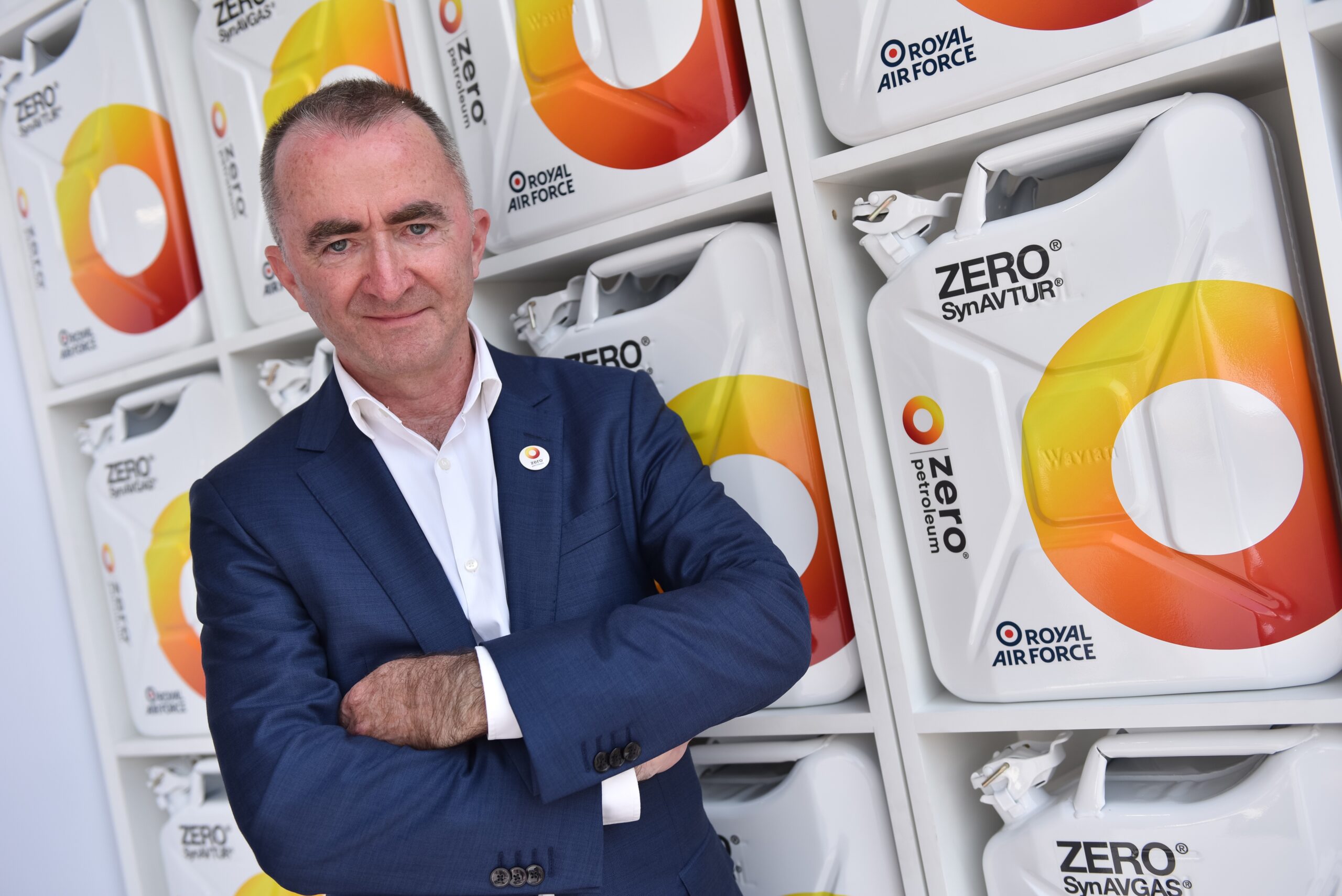Plans for the creation of the world’s first fully-featured synthetic fuel plant have taken a huge step forward as Zero has announced their partnership with the leading EPC provider, Global E&C, propelling the timeline for the commercialisation of synthetic fuel. The initial agreement includes the construction of Plant Zero.1, a first-of-a-kind (FOAK) facility that will create synthetic fuels, made from just air and water. While synthetic fuels are currently available in small quantities, the new site will be the first to provide a scalable pathway to the mass production of synthetic fuels.
The new agreement will transfer the skills and resources from existing fossil-based industries into the clean energy sector with the two companies working together to complete the new plant and accelerate the scale-up and modularisation of Zero’s synthetic fuel technology. The engineering support contract was signed at Global E&C’s Modularisation Facility, at the Nord Centre in Aberdeen.
Zero Co-Founder and CEO Paddy Lowe said: “We have an ambitious timeline in place to deliver the opening of our first large-scale commercial plant within the next two years and with this agreement, we are in a fantastic position to achieve this goal. As we seek to grow the synthetic fuel market and ultimately drive solutions for global Net Zero goals, it is important as a company to have agility, flexibility and scalability. We believe that working with Global E&C’s engineers will allow this and enable the rapid development of new solutions.
“This is an extremely exciting opportunity to take the skills that have been developed in the fossil fuel industry, repurposing and channelling them into a new world of carbon-neutral energy. Our innovative modular plant design and construction concept is all about efficiency in weight and size and Global E&C brings a unique insight that will help optimise our approach, achieving significant reductions in schedule and cost while maintaining the highest levels of quality and safety.”
Global E&C CEO, Terry Allan, said: “Global E&C are delighted to partner with Zero at this pivotal stage in the development of Plant Zero.1 and we are looking forward to supporting Zero full-scale commercial roll-out through the provision of engineering and modularised solutions. Global E&C is committed to delivering services which enable the decarbonisation of onshore and offshore energy infrastructure, this contract with Zero has the potential to accelerate the Energy Transition.”
The Energy Transition will see fossil-based fuels replaced by reduced or zero carbon solutions such as wind, solar and nuclear. In transportation, the challenge is in developing fuels that can provide the same performance as fossil fuels – in terms of range and power – that meet decarbonisation targets. Industries such as air travel and freight are looking to synthetic fuel as part of the solution.
Synthetic fuel production is a clean industrial process that uses just air and water to create equivalent fuels to kerosene, diesel and petrol. These fuels can be used in any vehicle without modifications or changes to engines, with any emissions from the fuel being repurposed and used to create more fuel. In addition, unlike biofuels and fuels from waste, Zero’s synthetic fuel options can be used directly, without the need to blend them with fossil fuels.
Zero is one of the pioneers in this space and for Global E&C, working on the Energy Transition is a natural evolution of what it has been doing since its inception. Both companies are at significant stages in their respective growth and development and this contract provides an opportunity to partner together on ambitious plans that lay the foundation for future possibilities.
Pushing forward the final construction phase of Plant Zero.1, which is already underway in Bicester, UK, Zero aims to achieve fuel production by the middle of this year. By working closely together with Global E&C at this early stage, the aim is to develop procedures and processes that will then help in the full-scale commercial roll-out of synthetic fuel.

